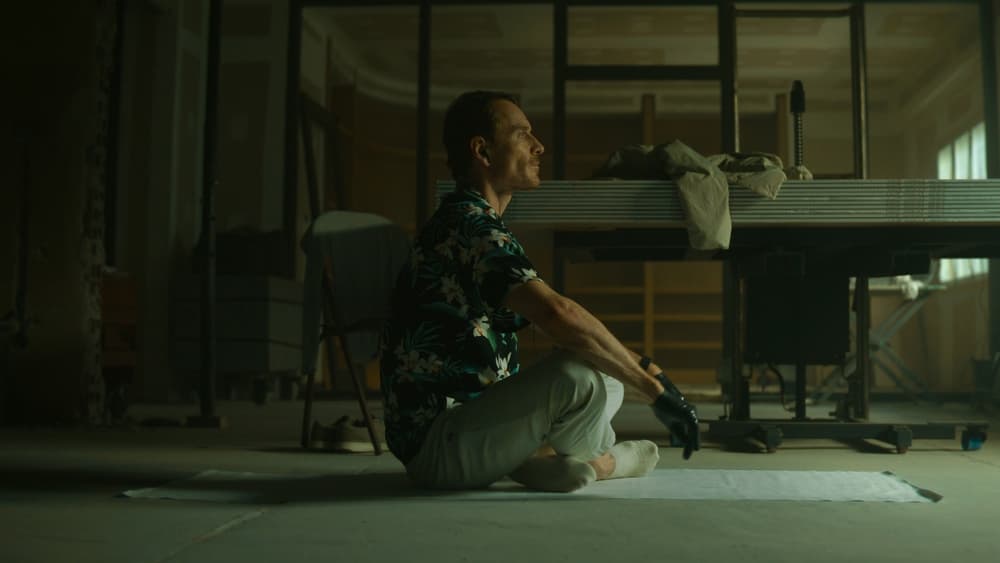David Fincher once said in an interview, “I’m interested in just presenting something and letting people decide for themselves what they want to look at… I try to remain semi-detached; I want to present the materials without becoming too involved.” You can feel that detachedness in almost all of Fincher’s films, with the filmmaker often forgoing personal, emotive storytelling for cruel, calculating genre filmmaking. But what sets Fincher’s new film “The Killer” apart from being a back-to-basics thriller after a string of more prestigious dramas and literary adaptations is it feels like Fincher reveals more of himself while contending with his typically closed-off style.
Fincher’s status as one of the biggest control freaks in Hollywood is the stuff of legends at this point. From his meticulous attention to detail to making his actors run an obscene number of takes, the streaming era has been the perfect climate for a filmmaker like him. He is the type of artist companies like Netflix desperately want to attract — a shamelessly commercial filmmaker they can entice with large budgets and complete creative control.
It makes sense that the second film Fincher has made for the streamer, after the vulnerable passion project “Mank,” deals with what it means to need control over everything in your life compulsively and how showing emotion and laying yourself bare can get in the way of doing your job. Who knows whether or not Fincher is satisfied with how “Mank” turned out, but “The Killer” feels like a response to either the lukewarm reception to it or his potential dissatisfaction.
The film is sparse on dialogue, with much of the film featuring sequences of the titular killer alone or being talked to by his victims without responding. We learn about the character through his inner monologue — in which he is constantly repeating phrases like “Empathy is weakness” and “Anticipate, never improvise” — and the minute details of his life — whether it’s the absence of pleasure he takes from food to listening exclusively to The Smiths. Fincher may say he isn’t interested in presenting a specific meaning to viewers, but it’s hard to believe someone religiously focused on details in his work doesn’t have an intended purpose behind it. It may be a subconscious intent, working off of an intuitive sense of how things should look even if he isn’t sure why, but it’s intent nonetheless. As such, it’s hard to hear these repeated mantras and not think Fincher sees himself in what the killer thinks as he works. He wants to be a commercial artist, but he doesn’t want to seem overly sentimental in the way someone like Steven Spielberg is. He wants to keep up this image of the cool Gen X cynic — someone who pushes back against consumer culture and selling out but also loves what that culture represents. Something would have had to draw him to this material, and a way to come from a personal place while still putting up his typical detached facade seems like the perfect way into the material for him.
“The Killer” is not among Fincher’s best work, but it adds something to his oeuvre that I didn’t previously think was possible. I had always thought of Fincher as a distinctly cold filmmaker, with any emotional and thematic power in his movies coming when he worked with a screenplay that did the heavy lifting in that department — see his work with Aaron Sorkin in “The Social Network.” But this new film feels like Fincher’s complete filmmaking control finally breaking through to create thematic depth that isn’t on paper. It’s such a joy to see a filmmaker at his age still evolving and reckoning with his previous work — a path we’ve seen many famous auteurs taking with their most recent films — and one Fincher hopefully continues with his upcoming projects.

